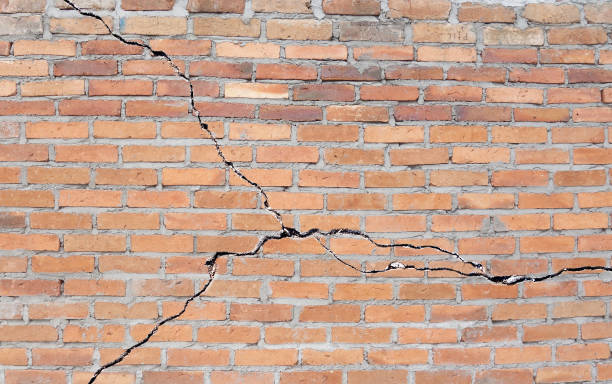Brick fireplaces have long been popular for homeowners in Melbourne, Australia. They bring a warm and cozy ambiance to any living space and add a touch of traditional charm. However, like any other home feature, brick fireplaces come with their own set of advantages and disadvantages. Let’s delve into them below.
One of the significant advantages of brick fireplaces is their durability. Bricks are known for their strength and longevity, making them a reliable option for building fireplaces. They can withstand high temperatures without cracking or deteriorating, ensuring your fireplace will stand the test of time. Additionally, brick fireplaces require minimal maintenance, a significant advantage for busy homeowners. Regular cleaning and occasional touch-ups are needed to keep them in good condition.
Another advantage of brick fireplaces is their aesthetic appeal. The natural, earthy tones and textures of bricks bring a rustic and inviting atmosphere to any room. They can be customized to match the existing décor, whether it’s a modern or traditional style. The versatility of brick allows homeowners to experiment with different designs, such as arched openings, decorative patterns, or even combining different brick types for a unique look. Brick fireplaces can become a focal point in a room, adding character and charm.
Furthermore, brick fireplaces offer excellent heat retention. Bricks have thermal mass, meaning they absorb heat and radiate it slowly over time. This feature is particularly beneficial in colder regions of Melbourne, Australia, as it helps to keep the room warm even after the fire has died down. The heat retention properties of brick fireplaces can also contribute to reducing energy costs by providing additional warmth during the winter months.
Despite their numerous advantages, brick fireplaces do have some drawbacks. One of the main disadvantages is their cost. Building a brick fireplace can be more expensive compared to other fireplace options. The materials and labor in constructing a brick fireplace can add up quickly, especially if you opt for intricate designs or customizations. Additionally, the installation process may take longer, causing temporary disruption to your living space.
Another disadvantage of brick fireplaces is their limited design flexibility. While bricks offer a range of options for customization, they may not be as versatile as other materials, such as stone or tile. If you are looking for a fireplace with a more contemporary or modern aesthetic, bricks may not provide the desired look. However, it is worth noting that some homeowners appreciate the timeless appeal of brick fireplaces, making this a matter of personal preference.
Maintenance can also be a disadvantage of brick fireplaces. While they generally require minimal upkeep, bricks can become dirty and stained over time. Cleaning brick fireplaces can be labor-intensive, as it often involves scrubbing and using specialized cleaning solutions. Additionally, the mortar between the bricks may deteriorate over time and require repair or replacement. It is important to regularly inspect and maintain the integrity of the mortar to ensure the structural stability of the fireplace.
In conclusion, brick fireplaces offer numerous advantages, such as durability, aesthetic appeal, and heat retention. They can bring warmth and character to any living space. However, they also come with disadvantages, such as higher costs, limited design flexibility, and the need for regular maintenance. When considering a brick fireplace for your home, weighing these pros and cons is important to make an informed decision that aligns with your preferences and budget.
